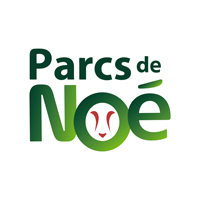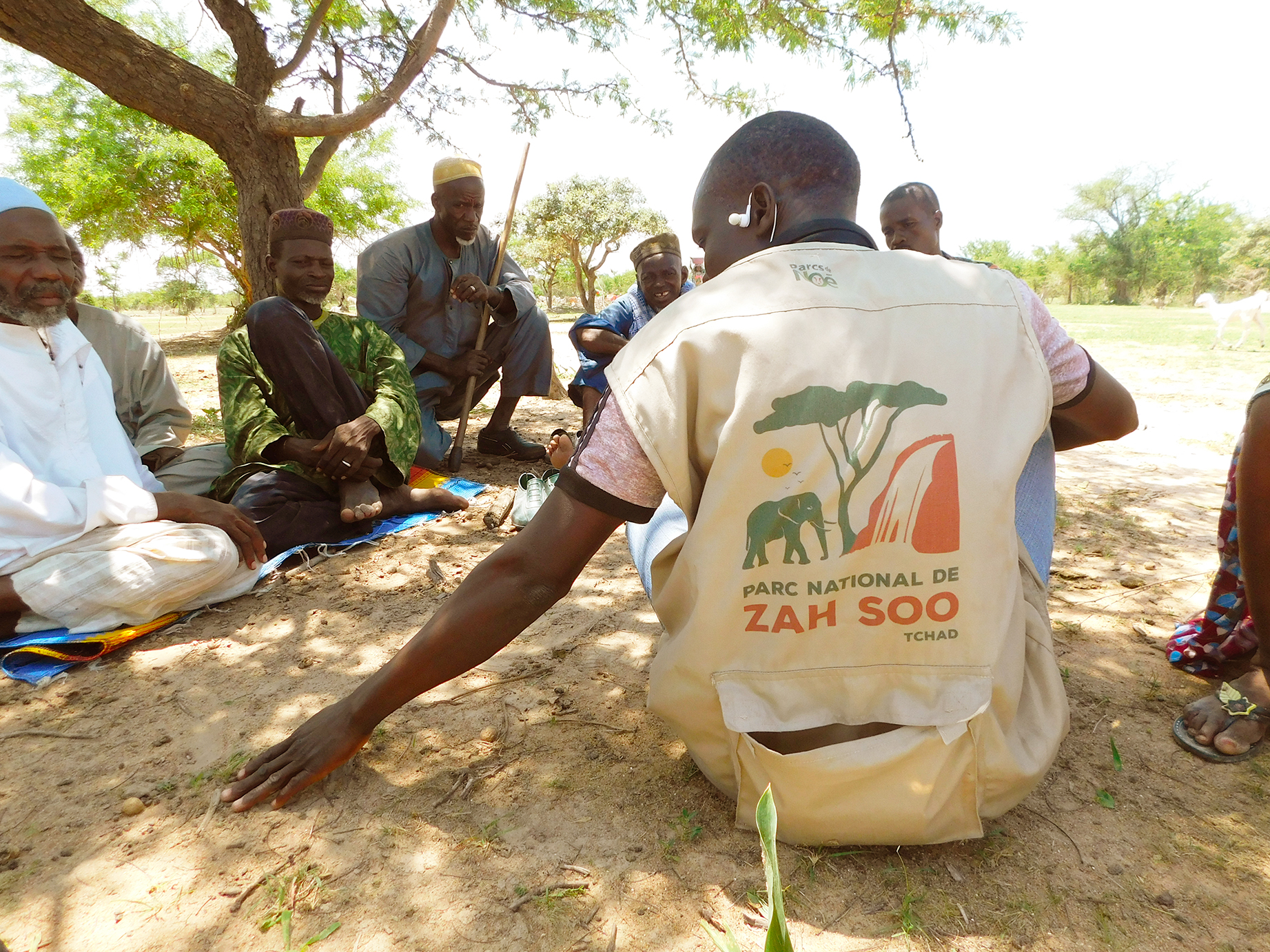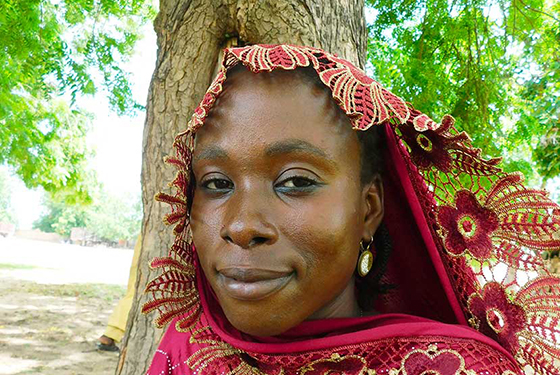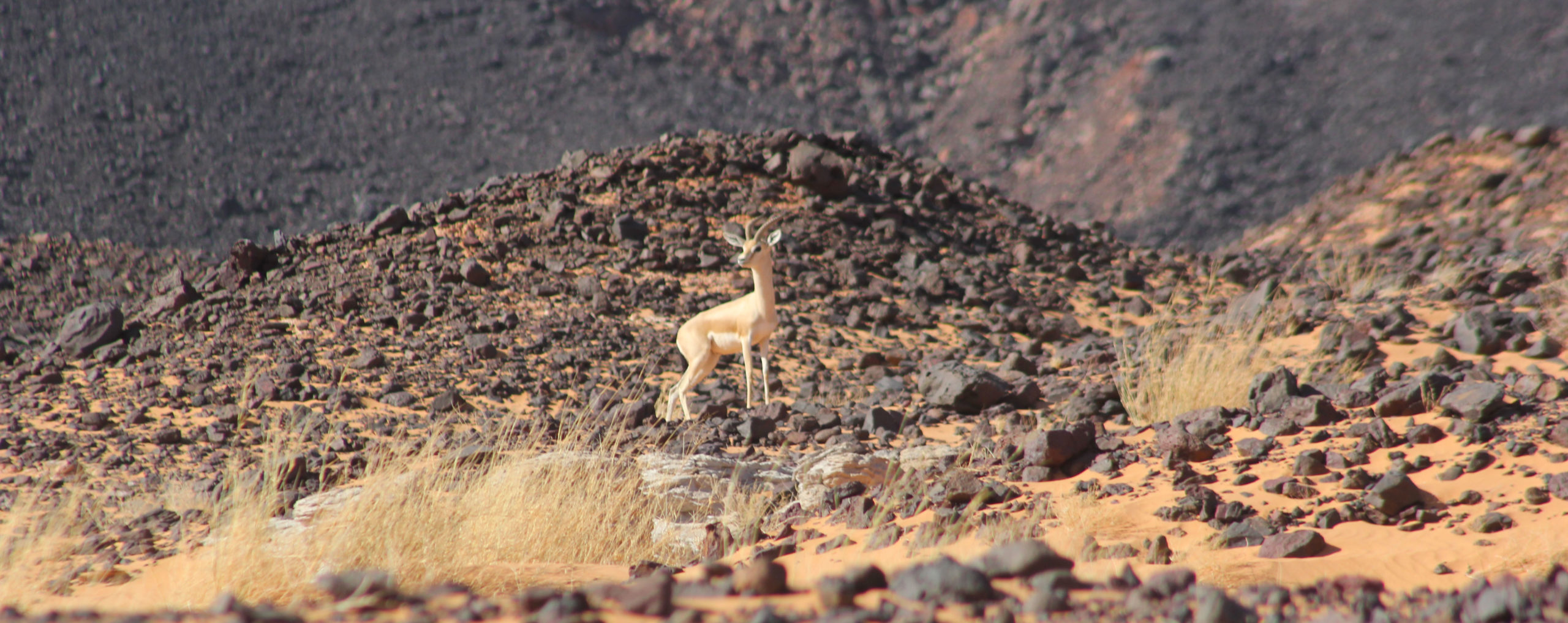In sub-Saharan Africa, where millions of people have little access to electricity or gas, firewood and charcoal are the main sources of energy for cooking, accounting for three-quarters of the total energy demand. The 150,000 people who live in and around the Binder-Léré Protected Area Complex in Chad are among those who depend on firewood for cooking. This is consequently one of the main drivers of deforestation.
Faced with this situation, the Government of Chad began to develop in 2021 an innovative long-term partnership with Noé, to address together the challenges of sustainable management of natural resources in this protected area with its local populations. In order to support local communities in reducing their energy needs, a pilot project to provide 160 improved stoves was initiated in Binder, a small urban center with about 5,000 inhabitants, and with no electricity or gas. These small-scale stoves concentrate the heat, allowing for an optimized and more economical use of wood, and are adapted to the most common cooking techniques used by the local population.
To achieve this project goal, a partnership was established with a group of 39 women who live in the village of Berliang, on the border of the protected area. They have formed an association, and their main activity is the creation of pottery for different uses: jugs, bowls, and all kinds of containers, even toys for children. This allows them to supplement the random agricultural income. In the past, clay was available in the village, but nowadays, due to the climate crisis, they must walk up to 3 km to get it. After consultation with women’s representatives from the town of Binder and the National Agency for Rural Development Support (ANADER), 65 women were selected to test the stoves. They will provide a weekly report of their findings on the system being tested. The 160 improved stoves were handed over at a ceremony in September 2022, along with training in how to use them.
If the experiment proves positive, the intention is to extend it in the protected area. Indeed, the promotion of artisanal stoves is an interesting alternative to reduce the human pressure on wood resources, improve the income of the inhabitants, valorize local know-how, and protect the wildlife habitat of the Zah-Soo National Park located in the heart of this complex.










